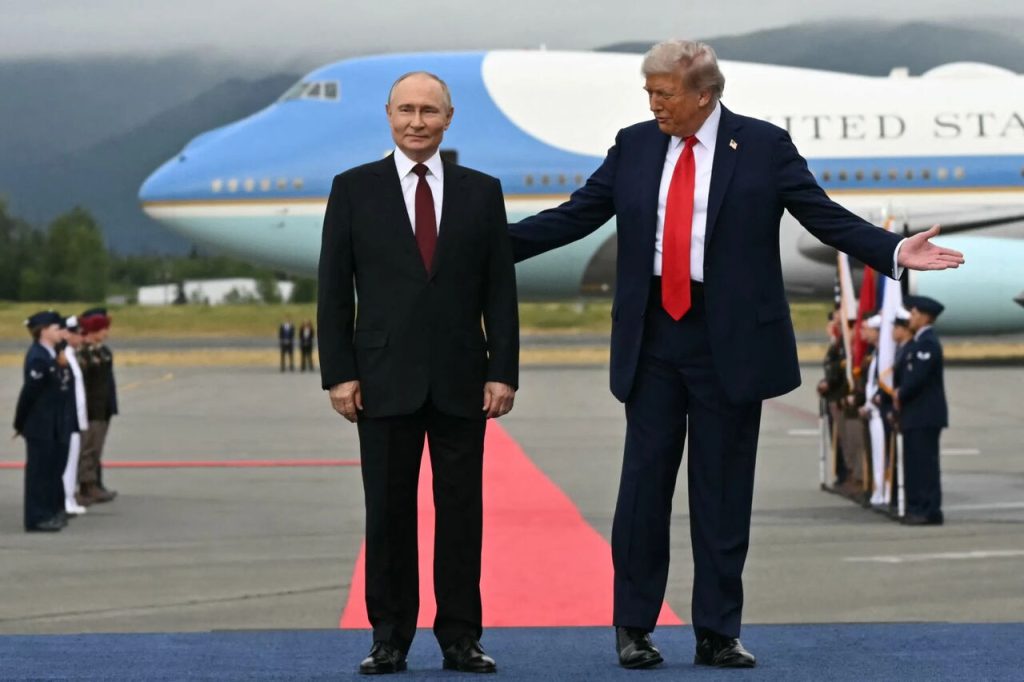Belfer Institute Researcher: The United States Should Bring Russia to the Negotiation Table.
The report, published by The Hill, states: US President Donald Trump accused European countries at the United Nations of financing a war against themselves in the Ukraine war. He said, “They need to stop all energy purchases from Russia immediately, or we are all wasting our time.”
Hours later, Trump met with Ukrainian President Volodymyr Zelensky. Zelensky described the meeting as “very good.” Shortly after, Trump wrote on social media that Ukraine is in a position to fight and take back all of its territory. Zelensky, in response to a question from reporters, called Trump a game-changer.
The meeting took place six weeks after the Alaska summit, which was noted for its many unconventional moments and was Russian President Vladimir Putin’s first official visit to the United States since 2015.
Trump had said he would meet with Putin in Alaska to see if a deal was possible. In an attempt to bring Putin to the negotiating table, Trump announced a 50-day deadline to impose new sanctions on Russia, which was quickly reduced to 10 days.
But this tactic backfired. Not only did the war in Ukraine continue, but the Kremlin rejected any talks or negotiations. Nineteen Russian drones were spotted over Poland, several more were intercepted over Romania, and three Russian fighter jets entered Estonian airspace for 12 minutes. For the first time in 80 years, Estonia called for an emergency meeting of the United Nations Security Council.
At the Alaska summit, Putin rejected Trump’s call for an immediate ceasefire in Ukraine and turned the discussion to the nuclear arms control treaty between the United States and Russia, which is due to expire in February.
Trump told reporters: “I thought I had a simple issue because of my relationship with Putin, but it turns out he’s a little different.”
The report added: “There were signs of difficulty in diplomacy with Moscow even before the Alaska summit. Russia has used its energy resources as a political weapon for decades. After meeting with Trump, Putin said the war would continue until its roots were addressed, a phrase that echoed his long-standing objections to the expansion of the North Atlantic Treaty Organization (NATO) and Ukraine’s tilt toward the West. These roots have been Putin’s main justification for the war since 2014, but addressing them is impossible without weakening Ukraine or NATO.

